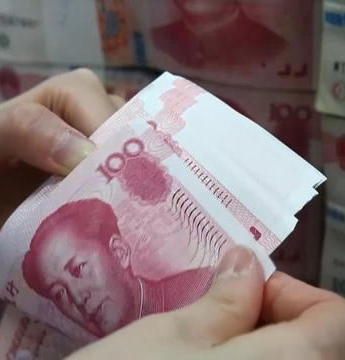Asian stocks tumble as China allows yuan to fall for second day
Asian stocks and emerging market currencies tumbled on Wednesday and commodities fell after China allowed the yuan to fall sharply for a second straight day, forcing investors to seek refuge in safe-haven government debt. On Wednesday, the People’s Bank of China set the yuan’s midpoint rate weaker than Tuesday’s closing market rate, which had already fallen sharply after China devalued its currency by 2% in a surprise move. The central bank had billed Tuesday’s change as a free-market reform but experts suspect it could be the beginning of a longer-term slide in the exchange rate aimed at making China’s ailing exports more competitive.
The move signals that [China] is willing to use all available tools, including a weaker currency, to prop up exports and its domestic economy.
Eswar Prasad, an international economist at Cornell University
The rapid drop in the value of China’s currency – around 4 percent in the last two days – dealt a body blow to appetite for risky assets globally, with equities, currencies and commodities coming under selling pressure as money managers feared it could ignite a currency war that would destabilise the global economy. At Wall Street, the Dow fell 1.2 percent and the S&P 500 shed 1 percent as China’s currency move added to worries about the global economic outlook and hit companies with large exposure to the country. Many Western firms have already been reporting slowing sales in China as its economy cools and shares of companies from German auto makers to luxury good makers are expected to come under pressure. Emerging market currencies from Indonesia to Brazil reeled as investors feared central banks around the world could rush to weaken their own currencies in response to China’s move.
The question isn’t their commitment to the goal; the question is the pace at which they implemented it. I hope this is not something that slows down the pace of reform.
Treasury Secretary Jacob Lew

china currency Business